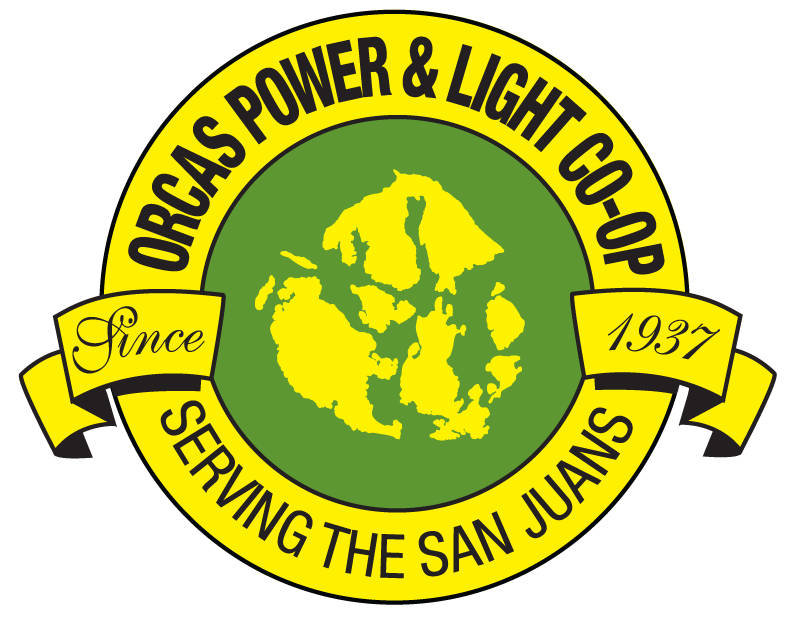Submitted by Orcas Power and Light Cooperative
When Orcas Power and Light Cooperative members open their bills in January, they will be, on average, $9.50 higher.
OPALCO is raising rates as a necessary part of providing power to our 20-island archipelago. This increase is driven by the loan expense (capitalization) for the submarine cable replacement (George), inflation and power cost increases. The budget also includes two new Apprentice Lineworker positions to prepare for retirements on the horizon.
The 2019 budget includes a 5.2 percent revenue increase, which will be applied equally between the service access (facilities) charge and the energy (kWh) usage portion of member bills for a total of around $9.50 more per month (based on the average residential monthly household usage). Learn more about what costs are included in the service access charge and how trade-offs are balanced at www.opalco.com/rates.
“The board strives to keep power bills affordable,” said board president Vince Dauciunas. “We held rate workshops throughout 2018 to explore options for rate setting and completed a new Cost of Service analysis to make sure each member is paying their fair share. The revenue increase was necessary to balance the budget in a climate of rising costs.”
If paying your power bill is a financial strain, OPALCO offers a monthly credit through the Energy Assist program. The Board gave the program a $5-per-month boost for 2019; qualified households can now get a bill credit of $30–$60 every month. And, if you show your Energy Assist credit (on your bill) to Rock Island, they will give you the same discount on your broadband services. Check out ProjectPAL and Energy Assist programs at www.opalco.com to learn more.
There will also be a new line item on your monthly bill: Energy Charge Adjustment. Weather variations in recent years make accurate prediction of temperature (and therefore energy usage for heating) a challenge. The ECA has two components: an automated monthly recurring true-up (surcharge or credit) based on actual cost of power vs budget; and a variable mechanism to balance the fluctuation in revenue subject to board approval and invoked on an as needed basis.
Watch that line and you’ll see a pattern of credits and surcharges over the course of the year. Spreading this revenue volatility out on monthly bills avoids a larger true-up at year end.



